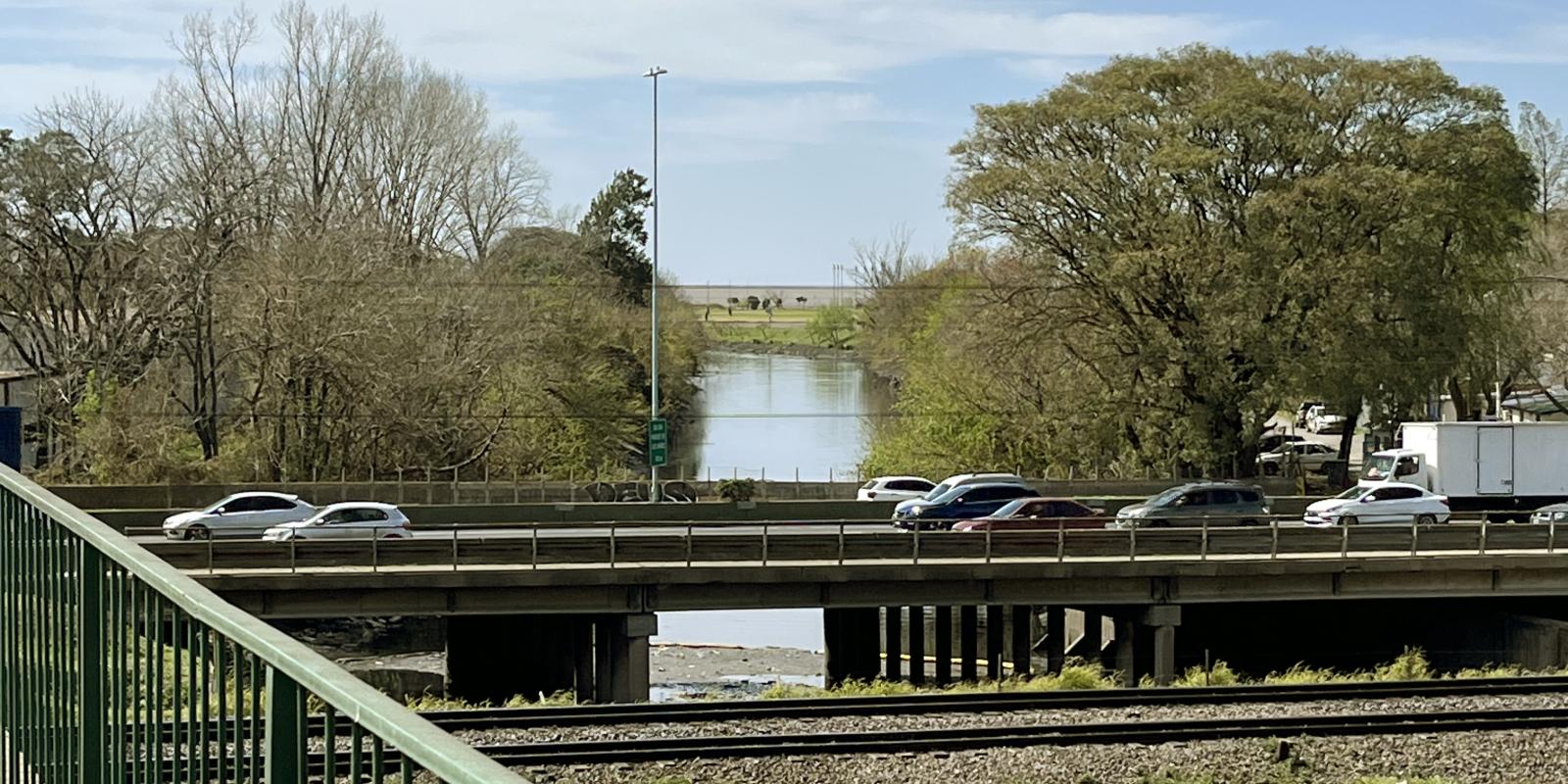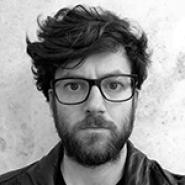
Our research extends to the entire basin, for example when developing the hydrological model and catchment-based proposals for improved flood management. We also conduct sub-case study research and pilot applications of Nature-based Solutions (NBS) along smaller tributaries connected to the stream.
Rationale
One of the main challenges of implementing sustainable approaches to water management in contemporary urban regions around the world, and particularly in the Global South, is the high level of impermeabilisation of dense urban environments. The challenge is exacerbated in the context of climate change and disaster risk, including faced by vulnerable populations in informal settlements.
The rationale behind this research is twofold. First, we examine the extent to which Blue Green Infrastructure (BGI) can be accommodated in one dense and highly impervious setting: the Medrano Stream Basin (MSB) in Buenos Aires, Argentina. The MSB covers an area of 5567 ha and has a residential population of 514,642 inhabitants and a 925hab/ha density, with an average impermeabilisation level of 74%. Second, we study, and aim to support, the transformation necessary to support the uptake of BGI, including how to value the multiple co-benefits of BGI and finance sustainable water management, as well as what the policy and governance levers are to support sustainable approaches to water management.
Strategy
Our team is interdisciplinary and works across sectors. Through co-research, we study and design viable Blue Green Infrastructure from micro interventions (rainwater gardens) to structural solutions (deculverting the stream) for the MSB (and other catchments in Argentina) from a holistic approach, including architectural design and hydraulic engineering, through to urban planning, economics and community links. Our work is tied to practice and the team works with governments of every level in Argentina to support policy reform and deliver BGI projects.
Methods
Our methods in co-research are collaborative and interdisciplinary. In the MSB case study, we utilise design approaches, as well as technical hydraulic engineering, policy analysis and design, interviews, focus groups, surveys, and other methods. As pilot projects are implemented, we also incorporate monitoring and evaluation techniques, including community perception surveys, land value changes and air quality studies. We also participate in comparative research with colleagues in other cities, for example through CONEXUS, to contrast and broaden our learning, for example from design solutions for BGI through to measurement of co-benefits and valuation techniques.




